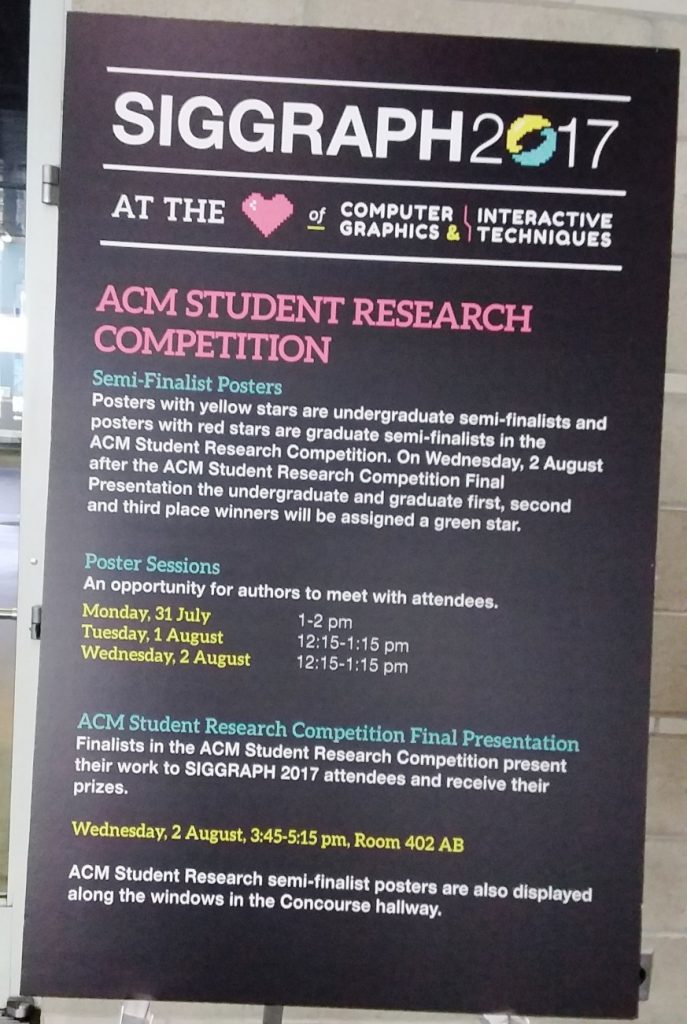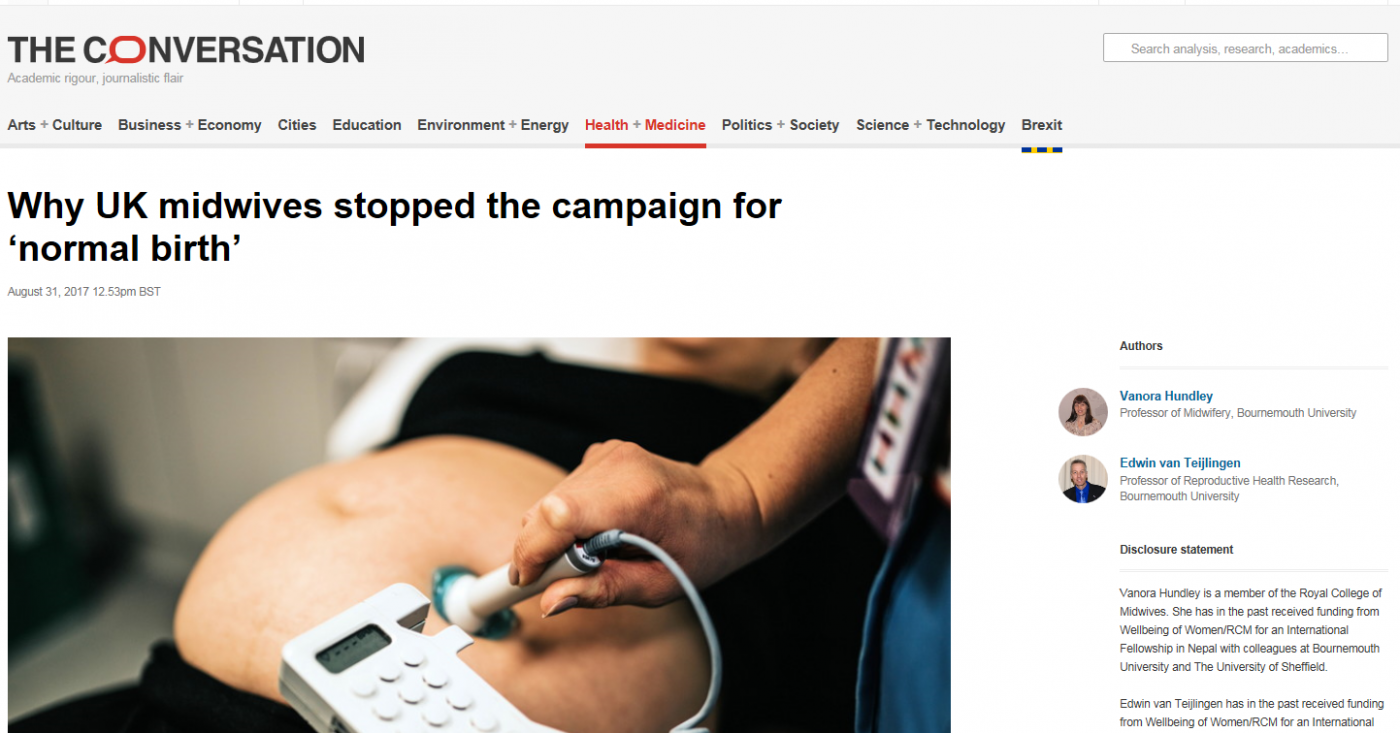Well, Parliament is back and we have had a lively start to the autumn.
REF 2021
On 1st September 2017 HEFCE published the initial decisions on REF 2021. This does not include decisions regarding submitting staff, output portability or the eligibility of institutions to participate in the REF. There is another consultation on those issues and BU’s response is being prepared by RKEO – please contact Julie Northam if you would like to be involved. Thanks to Julie for these highlights of the announcement:
Assessment weightings:
- Outputs 60% (down from 65%)
- Impact 25% (up from 20%)
- Environment 15% (same but now includes impact strategy)
- HESA cost centres will not be used to allocate staff to UOAs. Responsibility for mapping staff into UOAs will therefore remain with institutions.
UOA structure:
- Total UOAs reduced from 36 to 34
- Engineering will be a single UOA – UOA 12
- REF 2014 UOA 17 will be restructured to form UOA 14: Geography and Environmental Studies and UOA 15: Archaeology
- ‘Film and Screen Studies’ will be located and included in the name of UOA 33: Music, Drama, Dance, Performing Arts, Film and Screen Studies
- HEFCE will continue consulting with the subject communities for forensic science and criminology to consider concerns raised about visibility. A decision is expected this autumn.
Timetable:
- Impact: Underpinning research must have been produced between 1 Jan 2000 – 31 Dec 2020 andimpacts must have occurred between 1 Aug 2013 – 31 Jul 2020.
- Environment: Environment data (such as income and doctoral completions) will be considered for the period 1 Aug 2013 – 31 Jul 2020.
- Outputs: The assessment period for the publication of outputs will be 1 Jan 2014 – 31 Dec 2020.
- The draft REF 2021 guidance will be published in summer/autumn 2018 and the final guidance will be published in winter 2018-19. The submission will be in autumn 2020.
Outputs:
- Interdisciplinary research:Each sub-panel will have at least one appointed member to oversee and participate in the assessment of interdisciplinary research submitted in that UOA. There will be an interdisciplinary research identifier for outputs in the REF submission system (not mandatory).There will be a discrete section in the environment template for the unit’s structures in support of interdisciplinary research.
- Outputs due for publication after the submission date: A reserve output may be submitted.
- Assessment metrics: Quantitative metrics may be used to inform output assessment. This will be determined by the sub-panels. Data will be provided by HEFCE.
Impact:
- Impact will have a greater weighting in REF 2021 (25% overall plus impact included in the environment template and therefore weighting).
- The guidance on submitting impacts on teaching will be widened to include impacts within, and beyond, the submitting institution.
- Impacts remain eligible for submission by the institution in which the associated research was conducted. They must be underpinned by excellent research (at least REF 2*).
- The number of case studies required – still not confirmed – HEFCE are exploring this in relation to the rules on staff submission and the number of outputs.
- Case studies submitted to REF 2014 can be resubmitted to REF 2021, providing they meet the REF 2021 eligibility requirements.
- The relationship between the underpinning research and impact will be broadened from individual outputs to include a wider body of work or research activity.
Institutional-level assessment (impact case studies): HEFCE will pilot this in 2018 but it will not be included in REF 2021.
Environment: The UOA-level environment template will be more structured, including the use of more quantitative data to evidence narrative content. It will include sections on the unit’s approach to:
- supporting collaboration with organisations beyond HE
- enabling impact – akin to the impact template in REF 2014
- supporting equality and diversity
- structures to support interdisciplinary research
- open research, including the unit’s open access strategy and where this goes beyond the REF open access policy requirements
Institutional-level assessment (environment):
- Institution-level information will be included in the UOA-level environment template, assessed by the relevant sub-panel.
- HEFCE will pilot the standalone assessment of institution-level environment information as part of REF 2021, but this will not form part of the REF 2021 assessment. The outcomes will inform post-REF 2021 assessment exercises.
Jo Johnson’s UUK speech – the next steps for regulation
Jo Johnson gave a speech at the Universities UK annual conference on Thursday –prefaced by a deluge of press coverage. See the BBC, the Guardian, the Telegraph, for a sample. He started with a summary of the current state of the national debate on universities:
“Recent criticisms of higher education in the UK fall into two distinct camps: we might call them the Statists and the Pessimists. The Statists direct their criticism at student finance. They argue that the most important thing we can do is to abolish tuition fees.” and “The second group of critics, the Pessimists, have an altogether bleaker view of Higher Education. They argue that university is inappropriate for many students, that student numbers should be significantly reduced and that students should pursue other types of post-18 education”.
The Minister rejected the calls for a change to the fee structure, consistent with other speeches over the summer (see the Policy Update for the w/e 21st July 2017). He said that the “Statist” approach is “bad for social mobility, bad for university funding, bad for taxpayers”. [ See the UUK announcements on this below. In the FT on 8th September, it is reported that Theresa May is soliciting views on tuition fees policy in an attempt to close the generational gap, with Lord Willetts attending a meeting at No 10. So despite the regular assurances of no change, this is still one to watch.] To the Pessimists, his message was that “Post-18 education is not a zero-sum game, where to improve further education we must restrict and ration higher education to a privileged few”. But he said that there must be a strong economic return from a “mass system of higher education”. He highlighted graduate salaries, an increase in GDP and national productivity. [see below for the UUK position on fees and funding]
The Minister referred to concerns about value for money and used the same words as when launching the Green Paper, talking about “patchy teaching”. He also attacked the sector for grade inflation: “There has been a significant increase in the proportion of people receiving firsts and 2:1 degrees over the past five years that cannot be explained by rising levels of attainment. Grade inflation is tearing through English Higher Education. On the face of it, the facts are shocking….Grade inflation can fuel disengagement on both sides – if students know that 80-90 per cent will get a 2:1 or first from a high-reputation provider, there is less incentive to work hard – and less incentive by the provider to focus on teaching.” The Minister attacked league tables for encouraging grade inflation by using first degrees as a metric.
And he listed 5 measures that would deliver value for money:
- The TEF – including subject level TEF (see more below in the TEF update)
- A focus on grade inflation – as part of the TEF (see below), and be requiring the OfS to report on degree classifications and challenge providers to explain any data that suggested grade inflation, and calling on the sector to take action themselves, for example by developing a sector-recognised minimum standard. This is something that will no doubt be the subject of debate in the months to come. This could have parallels in some PSRB accreditation systems – an analogy that may be worth exploring.
- Student contracts -this was also discussed in the July speech (see the Policy Update for the w/e 21st July 2017). This time, the Minister said that the Competition and Markets Authority guidance was only “patchily observed”. The OfS will be asked to “embed in the system student contracts that are clear, quantifiable and fair”. There is a consultation to follow on making this a registration condition.
- Accelerated degrees – we are waiting for the formal response to the call for evidence last year but a consultation will be taking place on the new fee cap that would be required to support this – allowing providers to charge more than £9250 per year (but with a lower overall cost for the whole programme).
- VC Pay – the OfS to introduce a new condition of registration that they publish salary data for the top earners and provide a justification, supported by guidance. The OfS will analyse and publish this data. The Minister called for the Committee of University Chairs to develop a new Remuneration Code.
UUK position
In a blog on 5th September 2017, Chris Hale, the Director of Policy of UUK responded to the debate over the summer, referring to a report from UK2020 that was published this week and repeated allegations of the sector operating a cartel to fix prices for degrees. In a speech presumably written without advance knowledge of what the Minister was going to say, and trailed in the press on Tuesday, the new President of UUK, Professor Janet Beer, VC of Liverpool University did call for changes to undergraduate funding. She referred to “vexed issues and opportunities” and gave a staunch defence of the sector and its contribution to health, happiness and the economy.
On student finance, Professor Beer said that the system was not broken but that it needed to feel fairer, and highlighted three areas for action:
- Targeted maintenance grants
- Lower interest rate for low and middle-income earners. [On this point it is interesting to note that this is how it already works – see the blog from Martin Lewis on MoneySavingExpert.com which he tweeted again to respond to this story and the clip below]
- Ensuring that the benefits of the current system are better understood – e.g. 35% of the cost of educating students is contributed by the government and 75% of students have some of their debt written off.
UUK have now published a Parliamentary briefing on the funding issues.
On senior pay:
- “It’s understandable that high pay is questioned and it is right to expect that the process for determining pay for senior staff is rigorous and the decision-making process is transparent. It is also reasonable to expect that decisions are explained and justified.”, and continuing:
- “However, the current debate has lost sight of the facts and shows little understanding of the role that present-day vice-chancellors play not only in their own university, but in their communities, regions and on the national and international stage. The role of the vice-chancellor has evolved from leading a community of scholars, to leading large, complex, global organisations; organisations with multi-million pound turnovers, with thousands of staff working in a variety of roles, and which play an increasingly prominent role in the economic prosperity of our regions and nations. First-rate leadership is necessary for a university to be successful, and competitive remuneration is needed to attract the best leaders with the skills to lead these complex global organisations.
- There have also been questions raised about the pay of our leading researchers and senior professional staff. We should remember that senior staff are choosing to work at our universities to deliver public good when they might otherwise choose to work in the private sector, attracting far higher remuneration. We must not let them be put off by comments that they are not worth it or their contribution is not valued.”
Nick Hillman of HEPI also writes in response that autonomy is more important than regulation in this area: “Just a few months ago, when the Higher Education and Research Act was still in short trousers, there was widespread concern that the Office for Students would not have due regard to university autonomy. Insisting they tackle vice-chancellors’ pay as one of the most urgent priorities (and before they have taken charge) will not assuage such concerns.”
Teaching Excellence Framework (TEF) update
In his speech at the Universities UK annual conference on Thursday, Jo Johnson referred to a lessons learned exercise that the government has carried out on year 2 of TEF. This used the UK survey we referred to in the Policy Update w/e 1st September 2017 as well as feedback from a range of stakeholders and desk based research of the metrics. The full report plus the specification are due to be published later in September 2017. These changes will also be included in the subject level TEF pilot. The UUK review is also discussed on Wonkhe here.
- A new metric on grade inflation (see context in Jo Johnson’s speech above). This will be a supplementary metric which will not form part of the core metrics and the process of assessing the initial hypothesis, but will be considered by the assessors while considering Rigour and Stretch (TQ3). This will be based on a provider declaration and will “record the proportion of firsts, 2:1s and other grades as a percentage of all classified degrees at that provider 1, 2, 3 and 10 years before the year of assessment”. If the data shows that there has been grade inflation the provider will presumably have to use their written submission to demonstrate how it is being addressed. Also, the number of firsts and 2:1s cannot be considered as evidence for the quality of teaching.
- Changes to the NSS weighting – these are interesting – particularly as there was no formal weighting for any metrics in the TEF guidance before, and no specific weighting for metrics v the written submission either. That was why there was so much interest when the Chair of the TEF Panel, Chris Husbands, suggested that the role of the NSS in the decisions on TEF should be downplayed. The paper describes this in more details in Annex B – this is a change to the way that the “initial hypothesis” (based on metrics) will be formed.
- Changes to address the NSS boycott, by averaging the scores across the three years or simply omitting 2017.
- Part-time providers (those with over 35% part-time students) will also be able to provide additional information relating to their part-time students and a separate assessment will be formed for part-time students.
- Absolute values: in a change which has been flagged as a nod to the Russell Group providers who received Bronze awards in the TEF (and who, in some cases, complained about the benchmarking process), alongside the benchmarking, the top and bottom 10% values for each metric will also be highlighted (with stars and exclamation marks). This will reinforce a positive or negative flag but can also be taken into account by the assessors – although a star will be ignored if there is a negative flag or a negative flag for a split metric (so that high performing institutions with negative flags for disadvantaged groups cannot benefit). Exclamation marks will be ignored if there is a positive flag.
- Longitudinal Education Outcomes data (LEO) will be included as “supplementary” data – this will not affect the initial hypothesis but will be considered alongside the submission. The metrics to be included are the proportion of graduates in sustained employment or further study three years after graduation and the proportion of graduates in sustained employment earning over the median salary for 25 – 29 year olds (currently £21,000) or in further study
- “Gaming” – the Director for Fair Access will be given an opportunity to comment on “gaming” has taken place (defined as “a significant alteration in a provider’s student profile since the last TEF assessment, that involves a reduction in the proportion of students from disadvantaged groups”. In extreme cases, this might lead to disqualification.
Separate from all this a research paper by Camille Kandiko Howson of Kings College and Alex Buckley of the University of Strathclyde has been published which looks at the UK Engagement Survey – something that was tipped to be a potential metric for TEF if it was more widely adopted.
Widening Participation
Justine Greening announced that the new Director of Fair Access and Participation when the Office for Students if formed will be Chris Millward, who has been Director of Policy at HEFCE. The new role will have a focus on progression and outcomes as well as access for disadvantaged and under-represented groups in Higher Education.
Brexit
In the meantime, the Brexit negotiations continue and a flurry of papers have been published by the UK government and the EU. The most interesting one is the one on Collaboration on Science and Innovation. The paper has lots of warm words on collaboration but little detail on what a future arrangement with the EU might look like. On Horizon 202, the paper suggests that the UK will be seeking “associated” status (it says “associated countries have the same level of access to Horizon 2020 as EU Member States. Associated countries do not have a formal vote over the work programme, but can attend programme committees, which provides them with a degree of influence. Terms of association (including financial contributions) vary, and are determined by international agreements with the EU.“)
The overall conclusions are:
- “The UK wants to continue playing a major role in creating a brighter future for all European citizens by strengthening collaboration with European partners in science and innovation.
- To this end, the UK will seek to agree a far-reaching science and innovation agreement with the EU that establishes a framework for future collaboration. There are a range of existing precedents for collaboration that the UK and the EU can build on, but our uniquely close relationship means there may be merit in designing a more ambitious agreement. The UK hopes to have a full and open discussion with the EU about all of these options as part of the negotiations on our future partnership.
- The UK would welcome dialogue with the EU on the shape of a future science and innovation agreement, reflecting our joint interest in promoting continued close cooperation, for the benefit of UK and European prosperity”
Of course, the other interesting Brexit story was the paper we weren’t meant to see – the leaked draft on migration (read more in the Guardian report). The draft proposed work permits for EU citizens with a two year limit, language tests for EU students and ensuring that they have sufficient funds before they come to the UK (which implies that they will not qualify for student loans). None of these things is particularly surprising even if unwelcome – essentially the same type of restrictions would apply as apply currently to international students. What is most interesting about this is the reaction and the timing – Amber Rudd has only just announced a review of the impact of international students and a review into the social impact of Brexit – both of which will not report until September 2018. Damien Green on the Today programme said that the real paper would be launched “in a few weeks” – at the Conservative Party Conference?
Other interesting reading
The Higher Education Policy Institute published:
- a blog on graduate entrepreneurs and what universities could do to support them
- a report on the crisis in the creative arts in the UK – looking at what has happened in schools and suggesting that the increased and simplistic focus on graduate employment outcomes will impoverish education and damage outcomes (see the TEF report above).
JANE FORSTER | SARAH CARTER
Policy Advisor Policy & Public Affairs Officer
65111 65070
Follow: @PolicyBU on Twitter | policy@bournemouth.ac.uk









 Last week (11-15 September 2017) saw the successful delivery of the NERC-funded Advanced Training Course Freshwater Taxonomy and Field Identification Skills, awarded to Professor Genoveva F. Esteban (SciTech, Department of Life and Environmental Sciences) in collaboration with the Freshwater Biological Association (
Last week (11-15 September 2017) saw the successful delivery of the NERC-funded Advanced Training Course Freshwater Taxonomy and Field Identification Skills, awarded to Professor Genoveva F. Esteban (SciTech, Department of Life and Environmental Sciences) in collaboration with the Freshwater Biological Association (

 Pleased to announce a ground-breaking Chapter on the use of film in research from FMC’s Trevor Hearing and FHSS’ Kip Jones in Guilford Publications’ Handbook of Arts-Based Research edited by Patricia Leavy.
Pleased to announce a ground-breaking Chapter on the use of film in research from FMC’s Trevor Hearing and FHSS’ Kip Jones in Guilford Publications’ Handbook of Arts-Based Research edited by Patricia Leavy.















 BU Professor has been invited to a series of plenary and invited lectures.
BU Professor has been invited to a series of plenary and invited lectures. Research reaching non-academic audiences
Research reaching non-academic audiences April’s Café Scientifique – Should we help machines understand and respond to our emotions?
April’s Café Scientifique – Should we help machines understand and respond to our emotions? Postgraduate Research Experience Survey (PRES) 2024 – 2 WEEKS LEFT
Postgraduate Research Experience Survey (PRES) 2024 – 2 WEEKS LEFT Working with The Conversation: online training session – Wednesday 8th May
Working with The Conversation: online training session – Wednesday 8th May Apply for up to £1,000 to deliver an event and take part in a national festival of public engagement with research
Apply for up to £1,000 to deliver an event and take part in a national festival of public engagement with research MSCA Postdoctoral Fellowships 2024
MSCA Postdoctoral Fellowships 2024 Horizon Europe News – December 2023
Horizon Europe News – December 2023